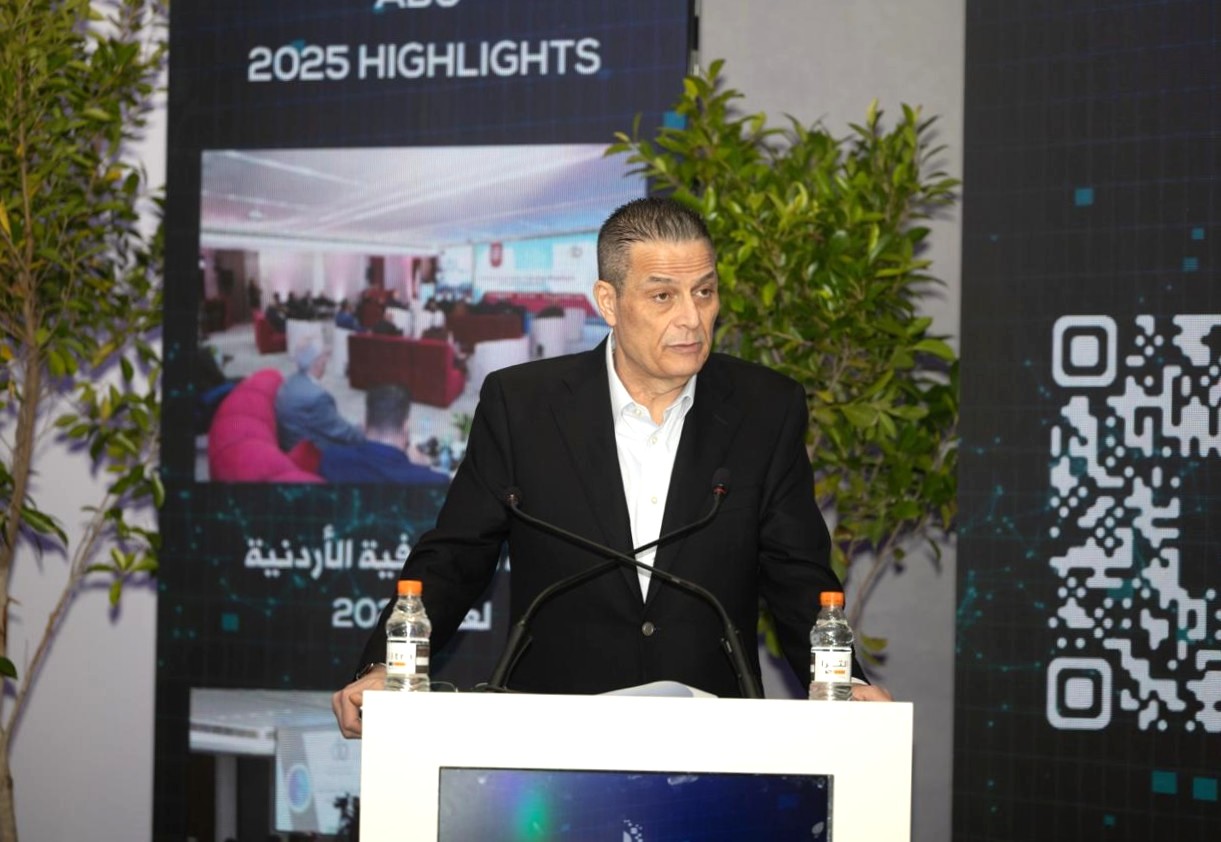
Amman, May 26–27, 2025
As part of its ongoing efforts to enhance the banking sector’s readiness to face rapidly evolving technological challenges, the Association of Banks in Jordan organized a specialized workshop titled “Modern Risk Analytics: Smart Tools for Better Credit Decisions and Combating Financial Crimes.” The workshop was held over two days, Monday and Tuesday, May 26–27, with the participation of a distinguished group of risk and data analysis professionals from banks across Jordan.
The workshop targeted professionals working in credit risk analysis, compliance, statistical modeling, and the development of artificial intelligence tools. It delivered high-level technical and practical content presented by experts from the Dutch firm Lixakro, a leading consultancy in quantitative analysis and data science. Attendees also actively participated in hands-on exercises using Python programming and AI platforms.
Dr. Maher Mahrouq, Director General of the Association of Banks, emphasized during the workshop’s opening that the Association aims, through such quality initiatives, to enhance the readiness of Jordanian banking professionals in the face of rapid technological changes. He noted that AI-powered risk analytics has become a strategic necessity to improve performance efficiency, ensure regulatory compliance, and reduce emerging risks.
The first day of the workshop focused on “Building Credit Risk Scorecards using Artificial Intelligence,” providing in-depth insights into how to develop and apply credit scorecards—one of the most critical tools for assessing customers’ creditworthiness. Topics covered included types of scorecards, methodologies for model development, data quality challenges, model interpretability, fairness, and bias mitigation. Practical exercises were conducted using Python to develop a credit risk model based on real-world data, including handling complex models to support quick and objective decision-making under regulatory frameworks such as IFRS 9.
The second day focused on “Combating Financial Crimes Using AI-Driven Risk Analytics,” highlighting the growing threats from financial economic crimes such as money laundering, fraud, tax evasion, and cybercrime. The workshop discussed the latest developments in Europe regarding financial crime prevention, especially in light of EU legislation and AML fines. A live demonstration showcased an intelligent analytics platform leveraging Python, R, and Azure Machine Learning to detect suspicious patterns and behaviors. An interactive session explored how to identify key indicators and triggers for detecting fraudulent activities. The session also emphasized the importance of data integration within institutions, real-time threat detection, and the development of transparent and efficient algorithms.
It is worth noting that Lixakro was founded in Rotterdam, Netherlands, in 2023. The company provides specialized consulting services in data engineering, risk analytics, and quantitative modeling. It is distinguished by its ability to develop tailor-made solutions based on the latest European best practices and modern data analytics technologies, supporting sustainable growth and knowledge-driven decision-making.








